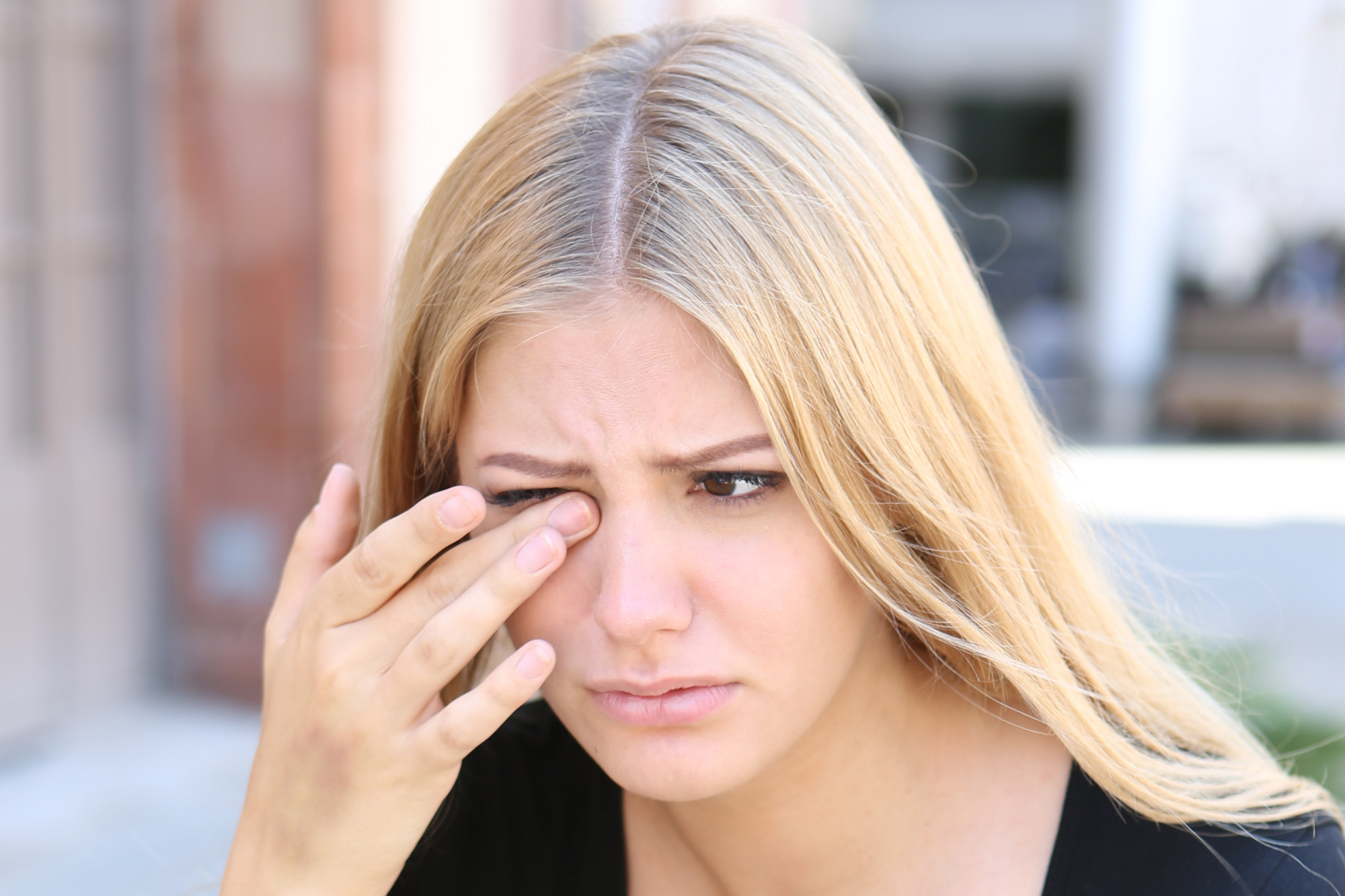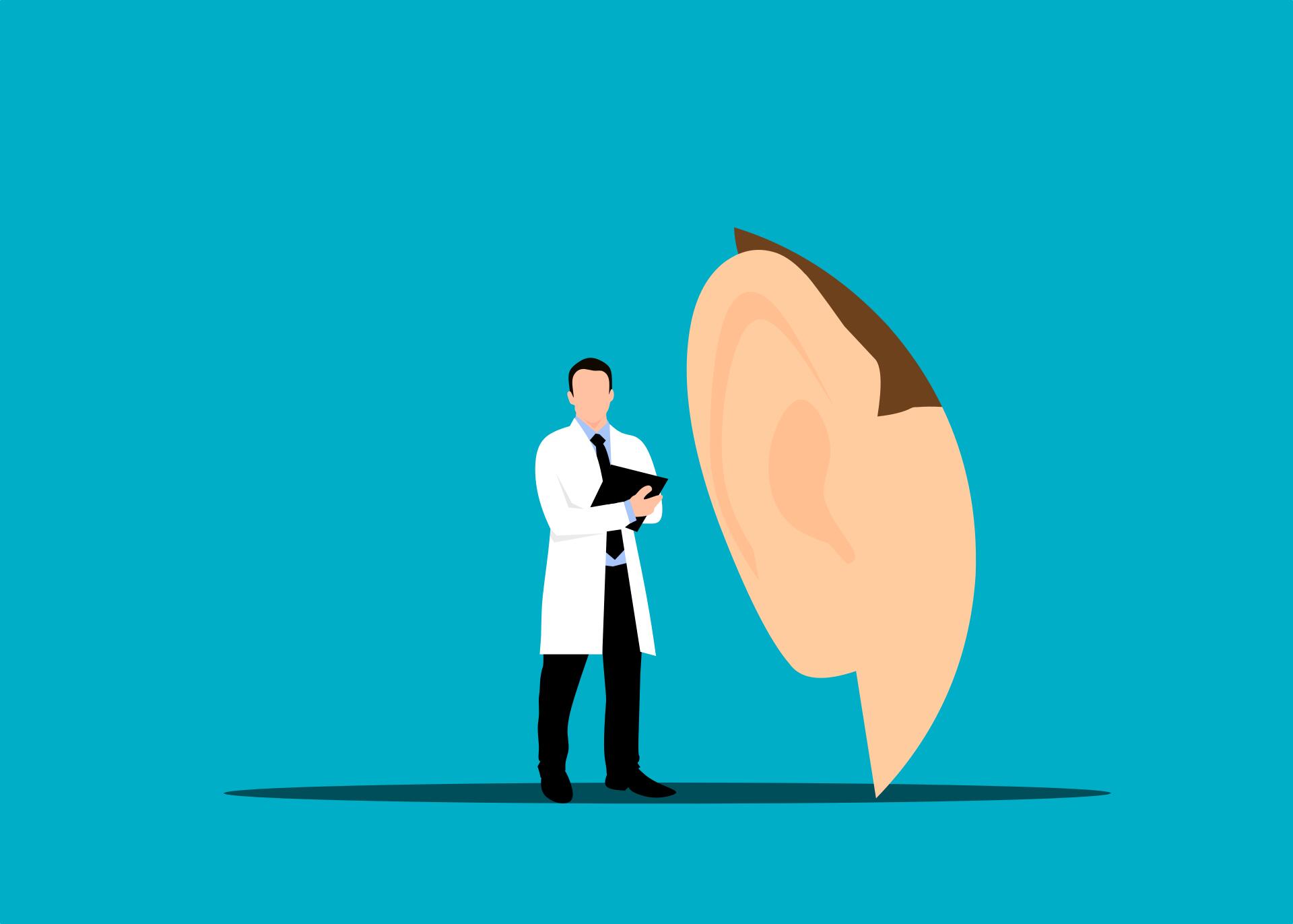
Dry Itchy Eyes and How To Prevent Them

Did you know that the human eyes have a specific component made up of between 98% to 99.7% water? This part is none other than the vitreous humor (also called vitreous fluid). It’s a transparent, gel-like substance that makes up the majority of the eye, helping keep its shape.
The eyes also rely on another watery substance called aqueous humor. This fluid keeps the eye bathed in moisture and also delivers nourishment to the lens.
With all that water making up the eyes, it’s easy to see how dry itchy eyes can ensue if they lack moisture. Eye dryness and itchiness, in turn, can result from aging, certain drugs, and diseases.
Having dry and itchy eyes can make you more susceptible to eye infections and damage. As such, it’s vital to address and prevent eye dryness, as it can ultimately lead to vision problems.
This guide will cover all the basics you need to know about dry eyes, so be sure to read on.
What Does It Mean If You Have Dry Itchy Eyes?
Eye dryness occurs when the eyes don’t have enough lubricating tears. Global prevalence rates vary, with some studies saying it can be as low as 5%, while others estimate it to be as high as 73.5%.
Inadequate tear production, in turn, can be a symptom of chronic dry eyes. It may also be a result of ill-fitting contact lenses or foreign objects in the eye. Other causes include conditions like keratitis, pink eye (conjunctivitis), and other eye infections.
Irritants that often cause pesky allergies, such as dust and pollen, may also cause dry eyes. However, some people may also develop dry eyes as a side effect of allergy medications.
Autoimmune diseases, such as Sjogren’s syndrome, may result in dry eye symptoms, too. Rheumatoid arthritis, thyroid problems, and even a lack of vitamin A can also lead to eye dryness.
A more modern cause of dry itchy eyes is computer vision syndrome (CVS). Also called digital eye strain (DES), CVS affects as many as one in two computer users. Aside from eye dryness and itchiness, it can also cause fatigue and even headaches.
Other Symptoms That Accompany Dry Itchy Eyes
Dry itchy eyes can result in a gritty feeling, like if you have something in your eye. You may also notice some reddening (or a pinkish hue) on the white part of your eyes. If your dry eyes are due to too much screen time, you may also experience eye strain headaches.
Your vision may also become a bit blurry if your eyes don’t produce enough tears. Sometimes, it may cause you to be sensitive to light, which can make your eyes hurt when it’s too bright.
Interestingly, dry eyes can induce watery eyes as a response to the irritation caused by dry eyes. This is a condition known as “reflex tearing,” and it can make the eyes produce a lot of tears. Think of it as the body’s way of compensating for the lack of moisture in your eyes.
Treatment for Dry and Itchy Eyes
Keep in mind that dry and itchy eyes can elevate your risks of developing severe infections. In fact, health experts say that dry eyes can make people more prone to blinding infections. As such, it’s vital to treat this condition as soon as you notice its signs.
The first thing to do is see an eye specialist if your symptoms don’t improve after a few days. This way, your doctor can rule out potential conditions associated with dry eye.
Your eye doctor will likely recommend artificial tears or eye drops for dry itchy eyes. If your doctor determines you have chronic dry eye, you need to use eye drops even if your eyes feel fine. Artificial tears help ensure your eyes remain wet enough at all times.
Your doctor may also recommend using cold compresses to help ease eye itchiness. You only need to soak a piece of clean cloth in cold water and drape it over your closed eyes.
Preventing Eye Dryness and Itchiness
The best way to keep dry eyes at bay is to take better care of your eyes, including taking frequent screen breaks. After all, staring too long at your screened devices can make you blink less. Impaired blinking reduces eye moisture and exposes your open eyes to more irritants.
You can also use eye drops if you need to work in front of a computer for long periods. Be careful with drops that contain preservatives, though, as these are only safe to use up to four times a day. If you need more frequent lubrication, make sure to use preservative-free eye drops.
If you have allergies, keep your doors and windows closed during allergy season. If you have to go out, wear eye and face protection, such as sunglasses and masks, to keep allergens out of your system.
It’s also a good idea to humidify your home during winter, as dry air can also contribute to dry eyes. Your home should be smoke-free, too, as smoke can irritate the eyes and make them dry and itchy. Cutting back on alcohol intake can also help you steer clear of dry eyes; plus, it’s one of the best ways to stay healthy.
Always Pay Attention to Your Dry Eyes’ Cry for Help
As you can see, dry itchy eyes aren’t only common; they can also be serious enough to cause severe eye problems. The fact alone that they cause discomfort should be enough reason never to ignore the signs.
So, as soon as your eyes go dry and become itchy, say hello to an eye specialist to determine what’s causing the issue. Your doctor may deem eye drops to be enough a treatment for your eye woes.
Looking for safe and effective artificial tears? Then please feel free to brow our extensive selection of eye care products!
Related Posts


